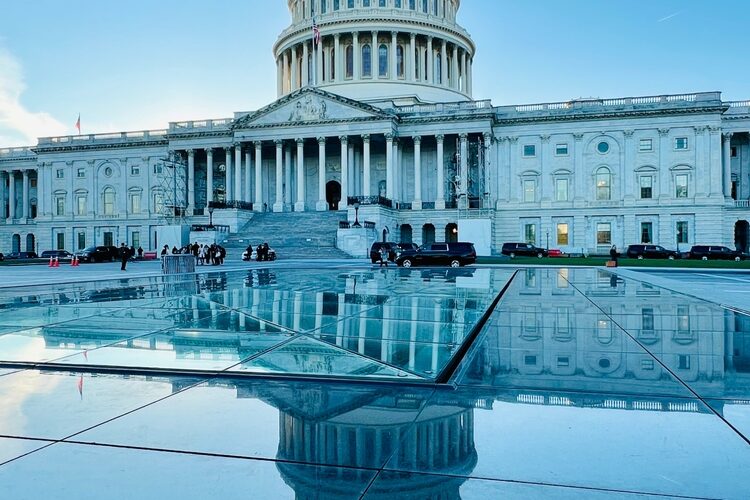The U.S. Senate passed the Rescissions Act of 2025 (H.R. 4) on July 17, 2025, with a 51-48 vote, following a 13-hour “vote-a-rama” session. The legislation, requested by President Trump, claws back $9 billion in previously approved federal funding under the Congressional Budget and Impoundment Control Act of 1974, which allows the president to propose rescissions. Below is a detailed breakdown of the cuts and their implications.
What Was Cut in the Rescissions Package?
The package rescinds $9 billion across 22 budget items, primarily targeting foreign aid and public broadcasting.
Corporation for Public Broadcasting (CPB) – $1.1 billion: Eliminates federal funding for CPB for fiscal years 2026 and 2027, affecting National Public Radio (NPR), Public Broadcasting Service (PBS), and over 1,500 public television and radio stations nationwide. This cut, described as “devastating” by PBS, threatens small and rural stations that rely heavily on federal funds for operations, particularly for emergency alerts and educational programming.
Foreign Aid Programs – $7.9 billion:
- U.S. Agency for International Development (USAID) – $125 million: Targets operating expenses, including salaries and benefits for USAID staff, as part of the Trump administration’s effort to fold USAID into the State Department. This cut affects multiyear funds from the fiscal 2025 budget.
- Global Health Programs – $900 million: Initially included a $400 million cut to the President’s Emergency Plan for AIDS Relief (PEPFAR), but this was removed after pushback from Senate Republicans like Susan Collins and Mitch McConnell, who cited PEPFAR’s success in saving 26 million lives. The remaining $500 million cut affects other global health initiatives, such as programs for malaria, tuberculosis, nutrition, and maternal/child health.
- Development Assistance – $2.5 billion: Reduces funds for economic and social development programs abroad (out of $3.9 billion appropriated for 2025).
- Economic Support Fund – $1.65 billion: Cuts programs promoting economic and political stability in other countries.
- International Peacekeeping – $157.9 million: Reduces contributions to multilateral peacekeeping efforts.
- Other Programs: Includes cuts to migration and refugee assistance, climate projects, and the United States Institute of Peace ($15 million).
The preservation of PEPFAR funding is a rare bipartisan victory in a highly partisan package, reflecting the program’s unique status as a Bush-era initiative with strong Republican support. Additionally, the focus on cutting “foreign aid slush funds” highlights a populist push to redirect funds toward domestic priorities, resonating with the administration’s “America First” agenda. This could signal future rescissions targeting international programs with less political clout.
Legislative Process: The Senate’s passage required a simple majority (51 votes) under the Impoundment Control Act, bypassing the usual 60-vote filibuster threshold. Vice President JD Vance cast tie-breaking votes on procedural motions, with Senators Susan Collins (R-ME) and Lisa Murkowski (R-AK) voting against the final bill, citing insufficient details on cuts and concerns over ceding congressional spending authority. Mitch McConnell (R-KY) opposed procedural votes but supported the final bill, reflecting internal GOP tensions.
OMB Director Russell Vought has signaled more rescission requests, potentially targeting additional federal programs. This raises concerns about “pocket rescissions,” where funds are withheld without congressional approval, a practice critics argue is illegal.























